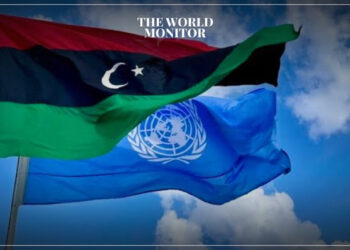Russia has expanded its sanctions list to include 32 experts from British think tanks and consulting firms known for their anti-Russian stance, according to the Russian Foreign Ministry.
The ministry highlighted that these British organizations significantly support London’s adversarial actions, leading to the decision to add representatives from these entities to Russia’s stop list and prohibit their entry into the country.
The list names nine organizations including Forward Strategy Limited, Institute for Statecraft, and Chatham House, among others, and their 32 associates.
The ministry also noted ongoing efforts to further extend the stop-list in reaction to what it sees as London’s hostile policy.
These organisations are accused of using mainstream media and the internet to spread misinformation that maligns Russia and attempts to destabilize its political landscape.
Funded by British sponsors aiming to isolate Moscow both politically and economically, these think tanks allegedly partake in activities that threaten the stability and well-being of people in nations unfriendly to Russia.
The ministry also criticized the British government’s continued aggressive anti-Russian policies, involving illegitimate sanctions and deceitful propaganda, which it views as indicative of deep-rooted Russophobia and an intent for sustained, severe confrontation with Russia.
The European Union (EU) has provided Ukraine with €1.5 billion in revenues sourced from the frozen assets of the Russian Central Bank, which is part of the extensive sanctions against Russia.
This financial aid, where 90% will support Ukraine’s purchase of weapons, ammunition, and air defense systems, is crucial for combating the eastern invasion.
The remaining 10% is allocated for rebuilding Ukraine’s energy infrastructure, severely impacted by Russian attacks. This concern in Brussels arises from fears that the destruction could lead to a humanitarian and migration crisis in the winter.
Ursula von der Leyen, President of the European Commission, expressed on Friday that supporting Ukraine serves as a poignant use of Russian funds to enhance safety across Europe.






